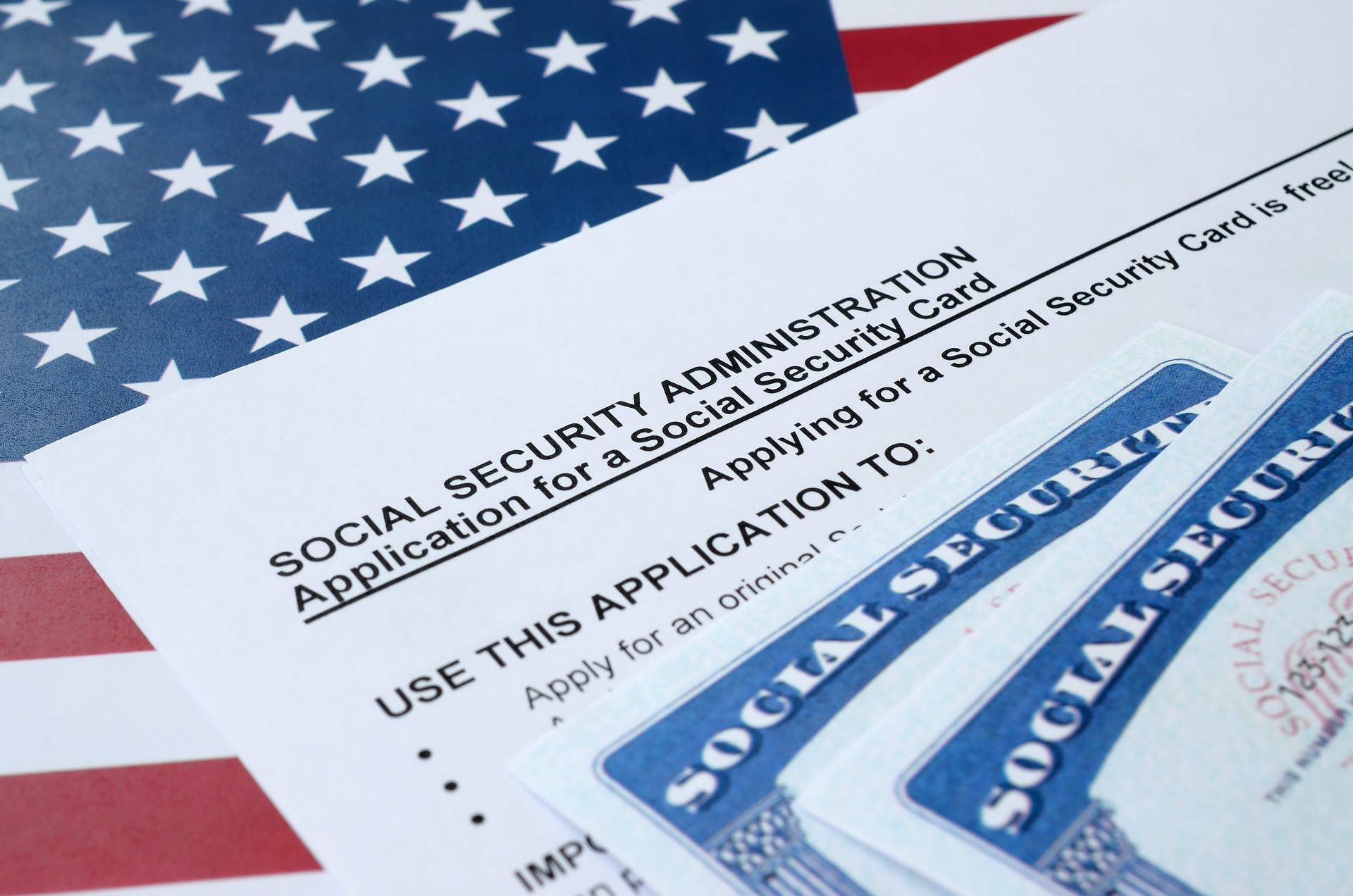
Remote Work Doesn’t Mean Remote From Taxes
When my wife and I spent a year traveling the world, we thought we had our tax situation under control. We filed our returns, kept receipts, and figured the IRS wouldn’t care where we worked as long as we sent in the forms. We didn’t realize there was another filing just as important as the 1040 — one that trips up remote workers and digital nomads every year.
That form? The FBAR.
The Illusion of Borderless Work
Remote work feels seamless. You invoice a client in San Francisco, get paid through Stripe, move the money into your Portuguese bank account, and buy groceries that night. The money flows so easily that you forget there’s a line between “domestic” and “foreign.”
The IRS hasn’t forgotten.
Here’s the rule: if the total balance of your foreign accounts is more than $10,000 at any point in the year, you must file the FBAR (Foreign Bank Account Report). It doesn’t matter if that $10,000 sat there for six months or six minutes. One day is enough to trigger the filing requirement.
The Classic Remote Worker Mistake
Take Joe, a freelance web designer. He’s the kind of guy who does client calls from Airbnbs with palm trees swaying in the background. To stay organized, Joe set up separate Stripe accounts for each of his big clients.
Smart idea for bookkeeping. But combined, those six accounts pushed him past the $10,000 threshold. Joe didn’t realize that online payment platforms counted as foreign financial accounts. He skipped the FBAR.
The IRS didn’t.
This is where most remote workers trip up. They think FBAR is for billionaires hiding offshore money. In reality, it’s freelancers with a couple of PayPal balances, a local checking account, and maybe a savings account they opened to qualify for residency.
The IRS Isn’t Out to Get You
It can feel like Uncle Sam is following you around the world, waiting for you to mess up. But FBAR isn’t about punishment — it’s about transparency.
The U.S. is one of the only countries that taxes its citizens no matter where they live. If you’re a U.S. passport holder, your worldwide income is always reportable. The IRS just wants to know where your money lives, even if you aren’t paying extra tax on it.
Here’s the upside: with the right filings, most remote workers don’t owe additional U.S. tax. Between the Foreign Earned Income Exclusion (FEIE) and the Foreign Tax Credit (FTC), you can often offset or exclude what you’ve already paid abroad.
But you only get those protections if you file.
How Remote Workers Can Stay Out of Trouble
Here’s what I wish we had known in year one:
- Track your platforms. PayPal, Wise, Stripe, Revolut—they all count as accounts.
- Watch the $10k rule. It’s about the total balance across all accounts, not each one individually.
- Keep records. A simple spreadsheet of account balances makes tax time much easier.
- Remember deadlines. FBAR isn’t filed with your tax return; it has its own deadline (April 15, with an automatic extension to October).
- Get help if needed. Some expat-focused software can handle this, but a tax pro who works with digital nomads will catch things you miss.
Why Remote Workers Slip Up
Remote work sells the dream: freedom, flexibility, a laptop and Wi-Fi anywhere in the world. And it’s true — you can work from Bali, Barcelona, or Brazil and make a living. But it’s easy to assume that because your life feels borderless, your taxes are too.
That’s the trap.
The IRS doesn’t care where you logged in from. They care where your money sits, and they want a record of it.
When my wife and I first started moving around, we didn’t think about how opening a local bank account in Spain or using Wise for transfers might affect our U.S. filing. Looking back, we were way too casual about it. We were lucky. A lot of people aren’t.
The Bottom Line
Remote work gives you freedom. But freedom doesn’t mean free from U.S. taxes. If your accounts abroad add up to $10,000 or more, you need to file the FBAR.
Think of it as part of the price of admission to the digital nomad lifestyle. Handle the paperwork, stay compliant, and you can keep enjoying the view from your hammock without worrying about an IRS letter following you overseas.
And if you’re staring at your accounts wondering, “Does this even count?” — that’s where we come in. Upload your docs, and we’ll untangle it before it becomes a problem.
Stay Ahead of Tax Season
Join the EdgeLetter our monthly newsletter with quick tax tips, expat deadlines, and freelancer reminders.
.png)
.png)


























.png)